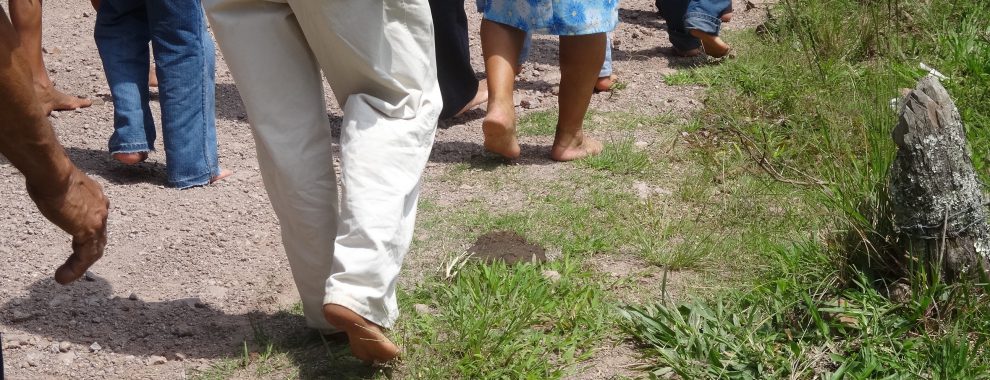Whoever loves me will be loved by my Father,
and I will love him and reveal myself to him.
John 14: 21
From her early childhood, Catherine of Siena had intense mystical experiences of God’s love. She devoted herself to prayer and contemplation.
But at one point she experienced God’s call to leave the comfort of the contemplative life to show God’s love to others. She resisted but finally she found God in caring for the poor, preaching penance to great crowds of people, working for peace, and castigating lax church leaders, and goading the pope to return to Rome from the “Avignon captivity.”
Recalling her own reluctance to leave the quiet of her cell, she wrote to those who wished to cling to their personal consolation:
These people find all their pleasure in seeking their own spiritual consolation — so much so that often they see their neighbors in spiritual or temporal need and refuse to help them… But they are deceived by their own spiritual pleasure, and they offend me more by not coming to the help of their neighbors’ need than if that had abandoned all their consolations.
God’s revelations and consolations are not for ourselves, but are a call to love God and neighbor. As a wise Jesuit priest once asked me on a retreat, “Are you seeking the God of consolation or the consolation of God?”
Catherine of Siena experienced deeply the love of God and had a strong devotion to the Passion of Christ, But she ultimately wore herself out in her work for peace and for the unity and reform of the church – as well as by her harsh ascetic practice. She died in Rome on April 29, 1380, at the age of thirty-three. She is buried under the main altar of the church of Santa Maria sopra Minerva in Rome.
As Robert Ellsberg well puts it:
What was distinctive about Catherine was the way she mediated through her own heart the burning love of Christ and the needs of her time.











